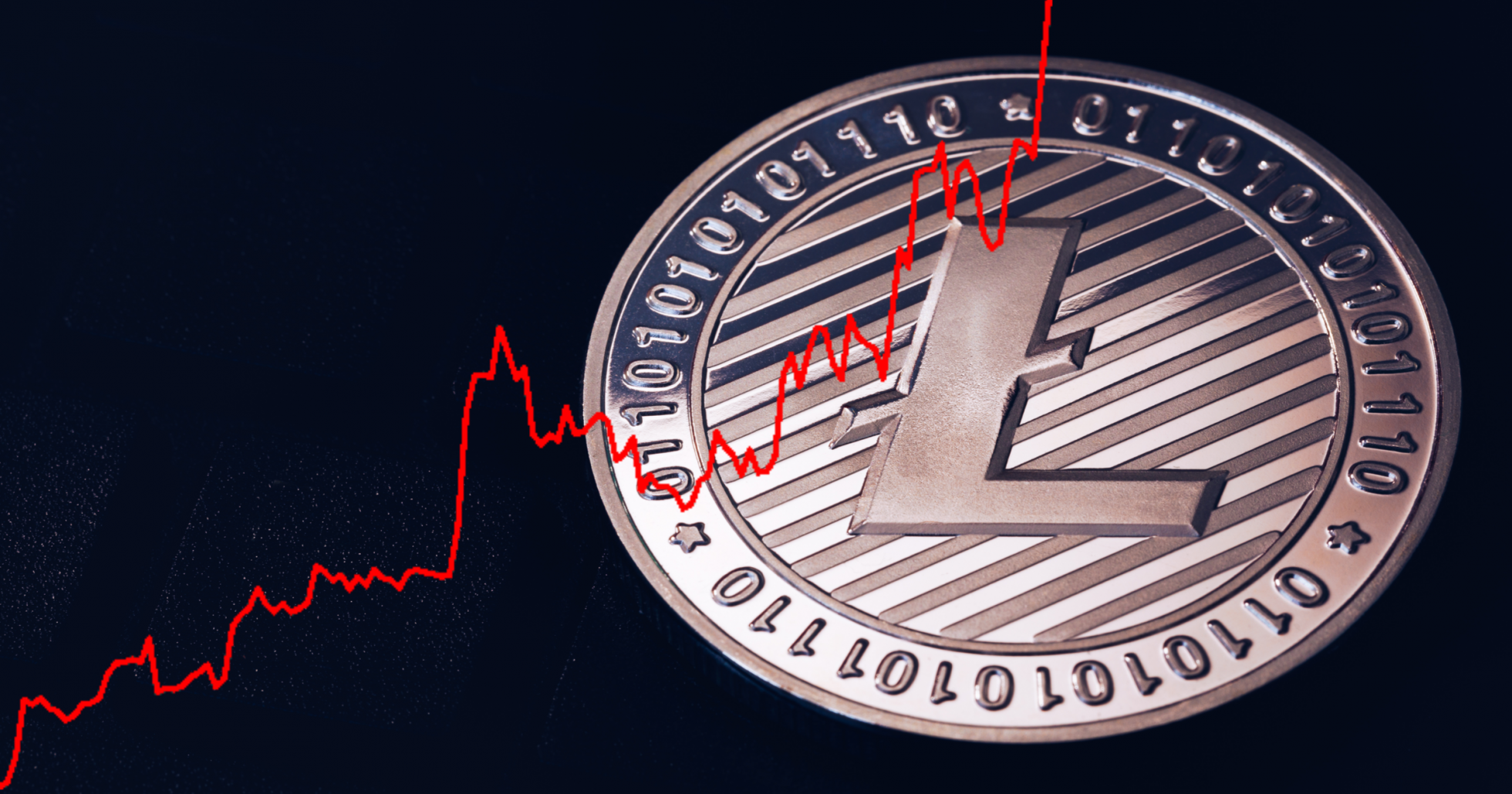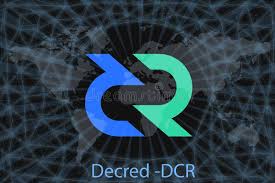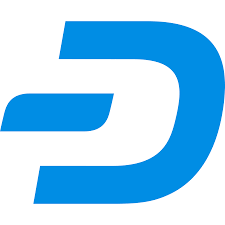Bitcoin and Pirate Chain (ARRR) stand out as separate participants in the world of cryptocurrencies, where innovation and competition rule, and each supports a particular facet of digital money. Pirate Chain has advanced with an uncompromising focus on unmatched privacy and anonymity, while Bitcoin has cemented its position as a pioneer and store of wealth. In this in-depth study, the finer points of both cryptocurrencies are looked at, examining their fundamental characteristics, practical applications, and importance in influencing the developing cryptocurrency environment.

The origin and foundations
In 2009, Satoshi Nakamoto, a secretive individual or association, launched Bitcoin, the primary cryptographic money in existence. A decentralized computerized cash working on a blockchain that grants shared transactions without mediators was presented in the establishing whitepaper of Bitcoin. It rose to the top of the cryptocurrency market thanks to its constrained supply and expanding popularity, enticing both investors and fans of technology.
In comparison, Pirate Chain is a more recent competitor that debuted in 2018. It is a blockchain-based cryptocurrency with a focus on anonymity that uses zk-SNARKs and a special delayed Proof-of-Work (dPoW) method. The basic goal of this cryptocurrency is to ensure complete anonymity for transactions, protecting the sender, receiver, and transaction amount from prying eyes.
The paradox of privacy
Although praised for its decentralization and security, Bitcoin nevertheless demonstrates transparent transactional traits. Each Bitcoin transaction is for all time recorded on the blockchain, a public data set that might be utilized to recognize the people in question. Addresses don’t quickly uncover individuals’ names, however, the absence of privacy protections has brought up issues about user anonymity.
Pirate Chain raises privacy to a previously unheard-of level. It uses zero-knowledge proofs via zk-SNARKs to ensure that transactional information is kept secret. Users can conduct private financial transactions on this platform without worrying about their anonymity thanks to the reliable privacy layer that ensures that transactions are completely untraceable.
Anonymity assurance
Because Bitcoin is a pseudonymous currency, third-party services and technologies have been developed to increase user privacy. Users can combine their transactions with others using tools like CoinJoin and CoinSwap, obfuscating the transaction trail. However, these processes might include extra costs and complications in addition to not being completely integrated into the Bitcoin system.
The privacy-focused architecture of Pirate Chain avoids the requirement for outside mixing services. On this platform network, every transaction is automatically secret and doesn’t involve any extra processes or costs. This makes sure customers can transact safely without having to worry about accidentally disclosing their financial activities.
Community and adoption
Due to its pioneering role, Bitcoin has attracted a large and thriving community. It has also been widely adopted as a speculative asset and a safeguard against conventional financial institutions. Its continued significance is a result of being acknowledged and accepted by businesses, organizations, and people.
The community of the other crypto is fueled by its unwavering dedication to privacy. Although its acceptance is less widespread, it has managed to carve out a niche among privacy-conscious users who choose private transactions above widespread recognition. The community’s commitment to advancing financial independence and anonymity strikes a chord with people looking for a covert solution.
Potential impact
Verifiably, Bitcoin affects the financial business and the general economy. Its job as an abundance storage, computerized gold, and impetus for the reception of blockchain innovation has motivated a wide range of extra digital currencies and projects.
The privacy-focused approach of Pirate Chain has the potential to upend accepted ideas of financial transparency and surveillance. The distinctive qualities of this cryptocurrency could push it to the top of the list of cryptocurrencies focusing on privacy as the need for private transactions rises.
Conclusion
Both Bitcoin and Pirate Chain shine with unique qualities in the changing world of cryptocurrencies. As a pioneering decentralized digital money and store of value, Bitcoin has paved the way. In the meantime, Pirate Chain is ushering in a new era of financial privacy by utilizing cutting-edge cryptographic algorithms, ensuring that users can transact without leaving digital footprints. As they progress, these cryptocurrencies will shape digital finance, offering users diverse participation in decentralized transactions.
You can also find these articles helpful
Is it profitable to trade Pirate Chain?
Advantages and disadvantages of the Pirate Chain
Advantages and disadvantages of Bitcoin









